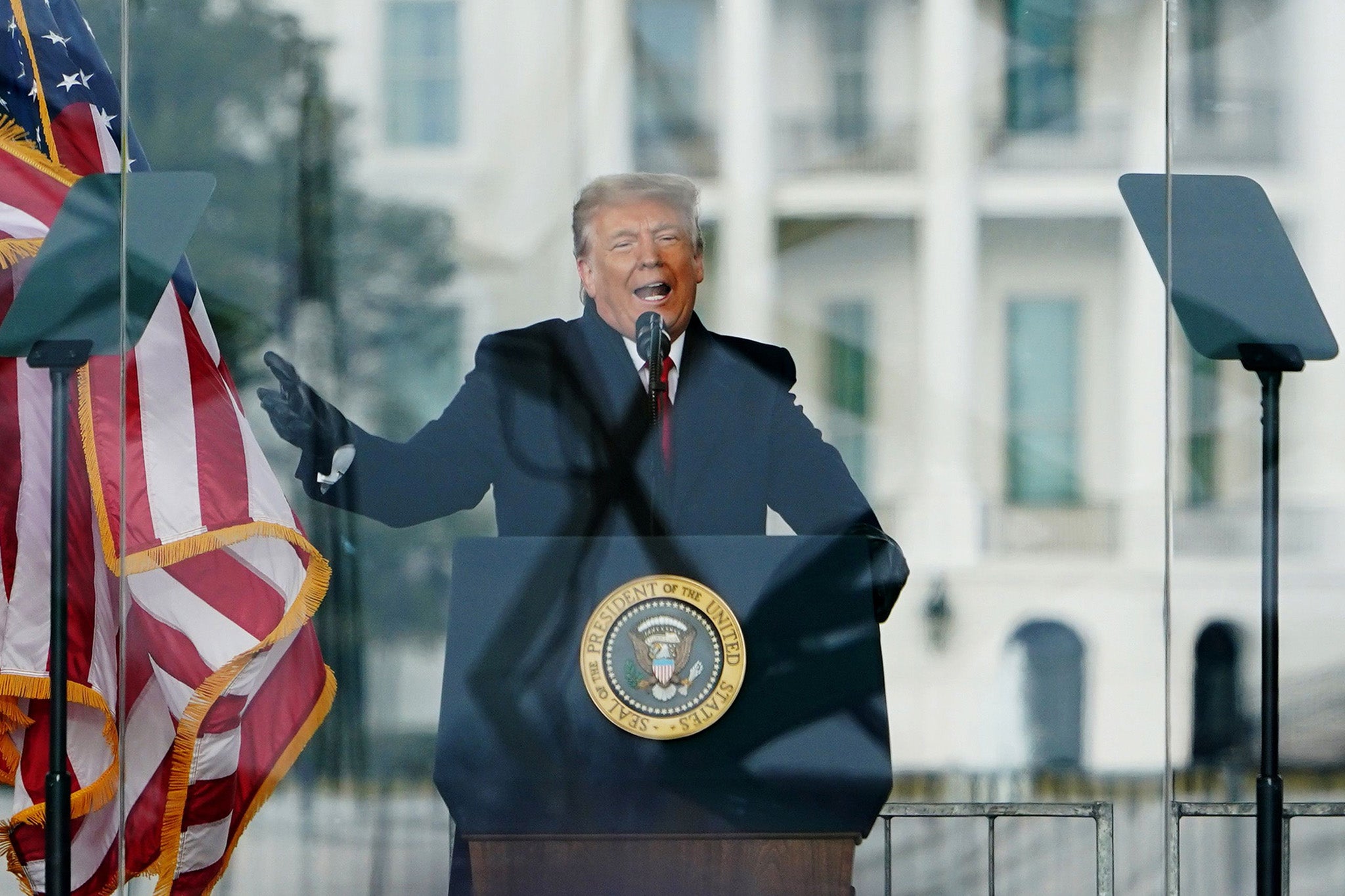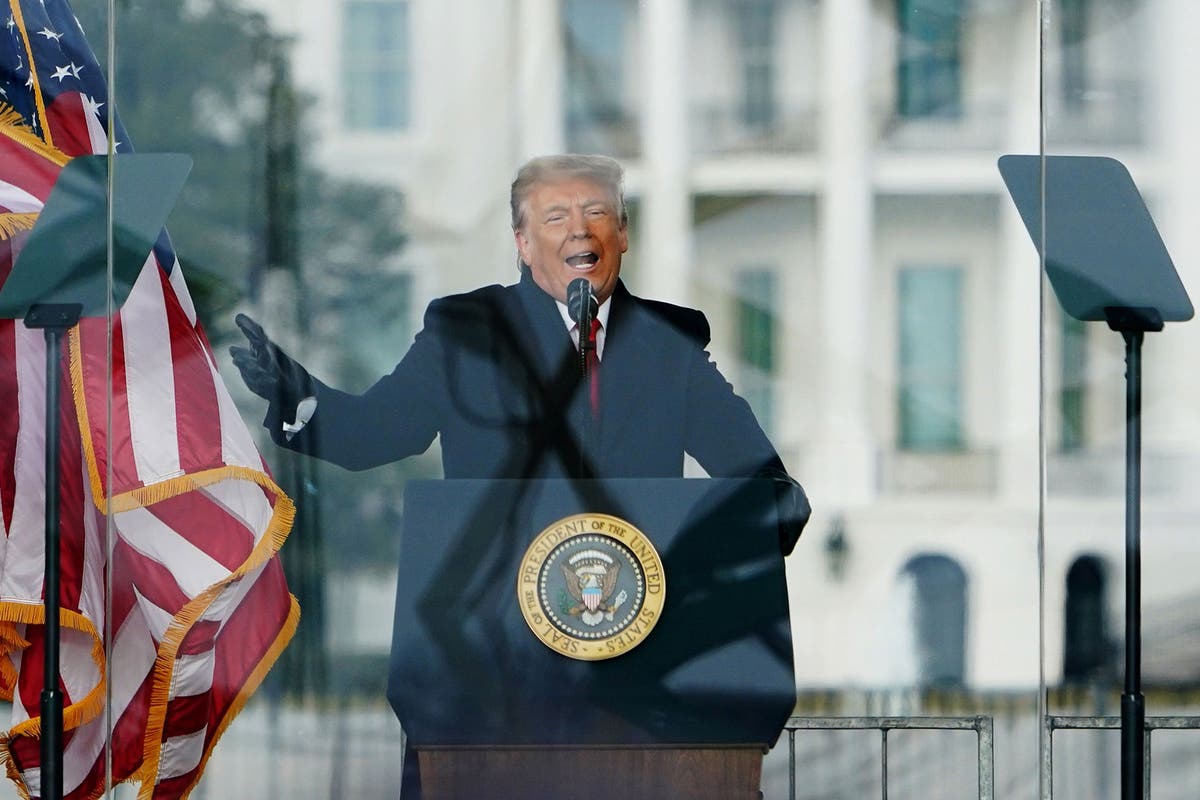Former president Donald Trump was “too undisciplined” in his first term and his “short” attention span kept him from remaining on message, The Wall Street Journal editorial board said in an op-ed on Thursday.
“Mr. Trump was too undisciplined, and his attention span too short, to stay on one message much less stage a coup,” the editorial board wrote.
For more than 95 years, WSJ has declined to formally endorse a presidential candidate but its editorial board released two op-eds this week on Trump and Vice President Kamala Harris, laying out the pros and cons of each potential presidency.
When it comes to Trump, the board raised concerns about the former president’s ability to maintain a cohesive message and represent a stable figure. They reflected on how impulsive and unpredictable Trump was during his first term but denounced Democrat’s fears that the former president did rule, or will rule, as an authoritarian.

Instead, they warned readers about the “grifters and provocateurs” Trump could surround himself with in a second administration – given his first term was “often chaotic and caustic” due to the mass turnover.
Having “no clear philosophy of government,” the WSJ editorial board said Trump relies on those around him for input. But an individual such as Tucker Carlson or Donald Trump Jr “could lead in destructive policy directions.”
The editorial board also denounced Trump’s claims that the 2020 election was stolen from him, saying they did not think he should have won the Republican Party nomination for this reason. They called his praise of dictators “disconcerting” and raised concerns that he would strike deals with Russia’s Vladimir Putin or North Korea’s Kim Jong Un.
The board’s portrait of Trump is in contrast to its op-ed on Harris, published on Wednesday, which portrays the vice president as an uninspiring clone of President Joe Biden or former president Barack Obama.
“The best argument for a Trump victory is that it would be suitable penance for the many Democratic failures at home and abroad. A spending-fueled inflation that shrank real wages. Adversaries on the march. Abuses of regulatory power and law enforcement,” the editorial board wrote.
The WSJ denounced her “progressive” agenda and raised concerns that she’s being dishonest about her desire to create a bipartisan administration. The board called her “unprepared” and cowardly to take the Oval Office, noticeably omitting any mention of her accomplishments while serving as vice president.
Among the sparse positive feedback the WSJ editorial board gave Harris was that she ran a “capable enough campaign on short notice” and she “sounds optimistic, even patriotic.”
Both portraits of the candidates are opinions and not formal endorsements, however, the board concludes Harris’s piece by seemingly hinting at those who see Harris as a more stable option to reconsider.
The board concluded its Trump’s piece by asking voters to consider how risky a second Trump term would really be compared to the rise of Democrats.

